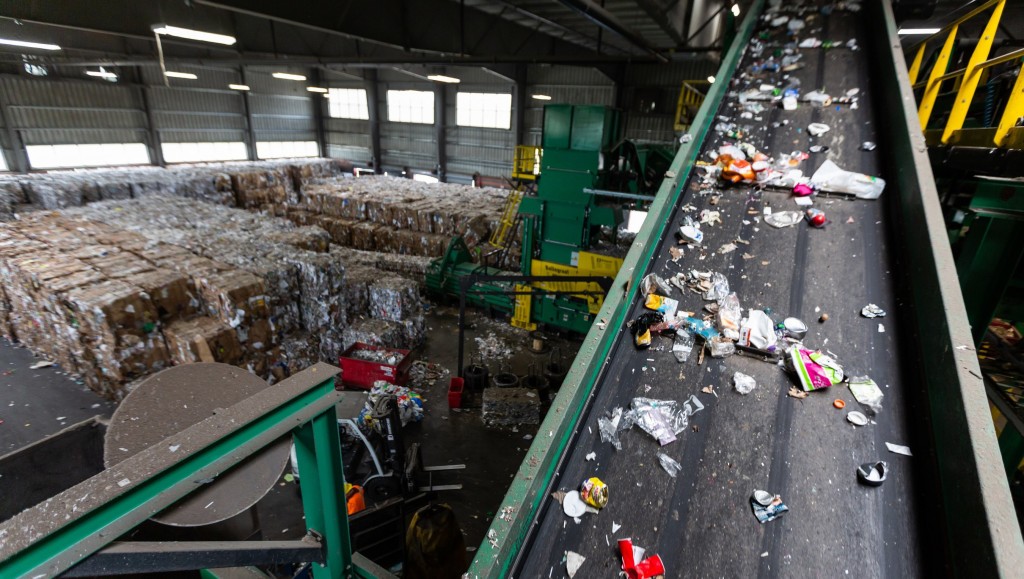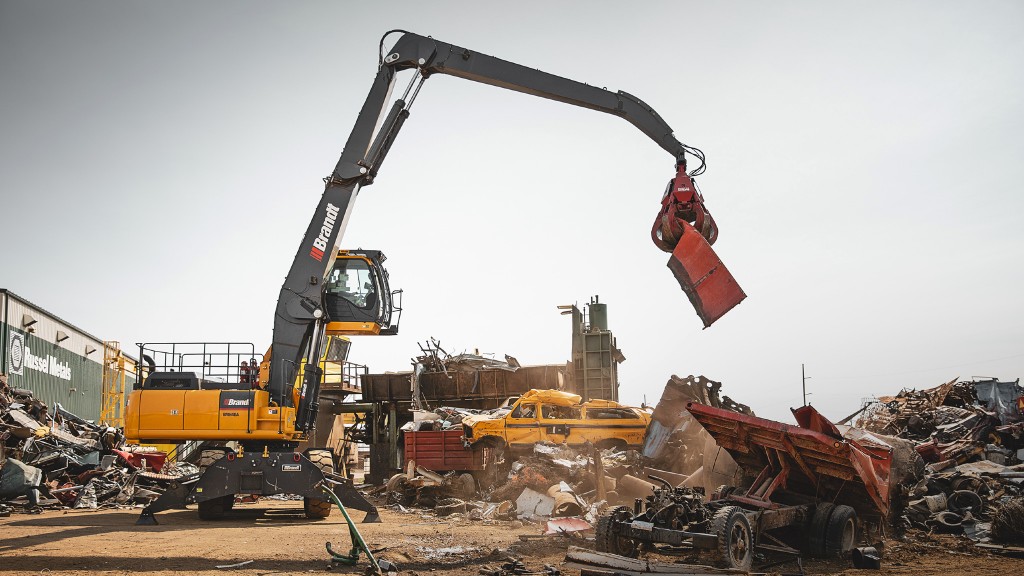More than a dozen end market opportunities for FPP identified in initial pilot project

The Materials Recovery For the Future (MRFF) consortium has released a new pilot research report demonstrating the successful collection, separation and preparation for recycling of flexible plastic packaging (FPP).
The pilot, the first of its kind in the United States, was performed in partnership with J.P. Mascaro & Sons at the TotalRecycle Material Recovery Facility (MRF) located in Birdsboro, Penn., and underwritten by the MRFF.
"Approximately 12 billion pounds of FPP are consumed annually in the U.S., and it's one of the fastest growing consumer packaging formats, but collecting, sorting, recycling and reintroducing this material back into the marketplace as new products requires a comprehensive approach to ensure that these materials don't end up in landfills," said Brent Heist, MRFF Steering Committee Co-Chair; Section Head - Packaging Sustainability, P&G.
The report, "Flexible Packaging Recycling in Material Recovery Facilities Pilot" prepared by Resource Recycling Systems (RRS) demonstrates that with adequate optical sorting capacity and peripherals, FPP can be efficiently captured in a large single-stream MRF and processed into a commodity bale, known as rFlex, for reuse in a variety of markets while diverting plastic from landfills.
The report also identifies more than a dozen end market opportunities for the captured FPP. Building envelope products like roofing materials represent the highest volume and most immediate end market opportunities. Other high-volume opportunities for using rFlex are pallets and railroad ties, where recycled plastic can serve as a more durable alternative to traditional wood.
Within one year of installing FPP sortation equipment at the TotalRecycle MRF, four of the five sortation performance goals established for the pilot demonstration were achieved, and the program continues to progress towards achieving the fifth goal.
The five pilot performance goals include:
- Reduce the amount of FPP going into fiber products, even with increased FPP in feedstocks.
- Minimize paper in the new rFlex product bale.
- Reduce fiber Quality Control staff by 25 percent and reallocate that staff to other job functions in the MRF.
- Integrate the FPP recovery system into TotalRecycle's existing MRF control system.
- Capture at least 90 percent of FPP, which was determined from years of research prior to the pilot.
"It's critically important to find financially viable opportunities and markets for rFlex bales," said Susan Graff, MRFF Research Director and Vice President, RRS. "Our hope is that the pilot research serves as a valuable data set to help other MRFs and communities economically recycle FPP while making cleaner paper bales. By working together to update sorting equipment, municipalities and businesses can support better quality recycling and meet commitments to buy more recycled content products."
"It is exciting to be a part of this important research pilot in FPP recycling and see the innovative process be both successfully integrated in our facility and well adopted by our communities," said Joseph Mascaro Sr., director of recycling and sustainability at J.P. Mascaro and Sons. "We look forward to building off of our current successes to further refine the program and produce an even higher quality commodity bale for recycling into new products."


